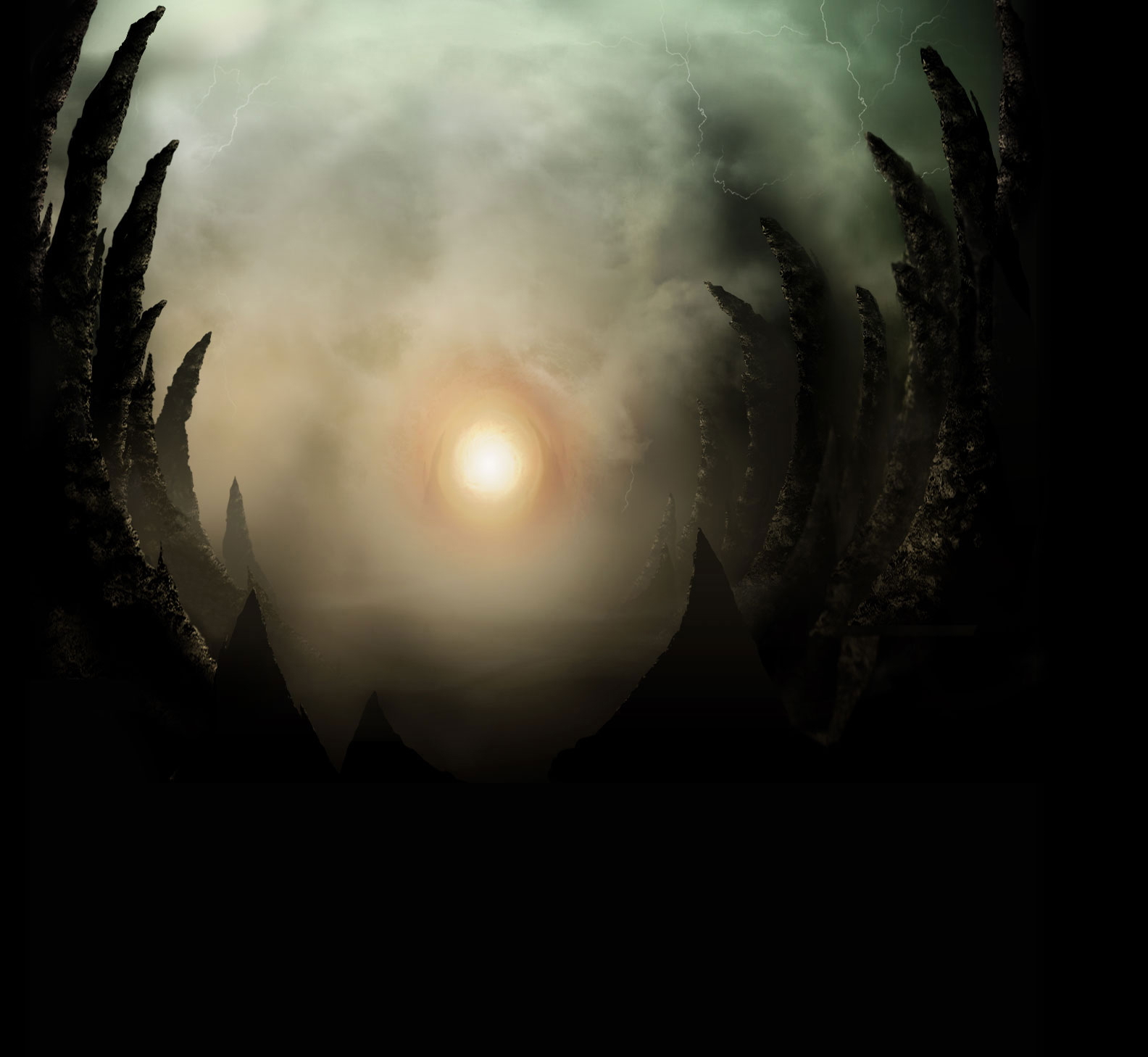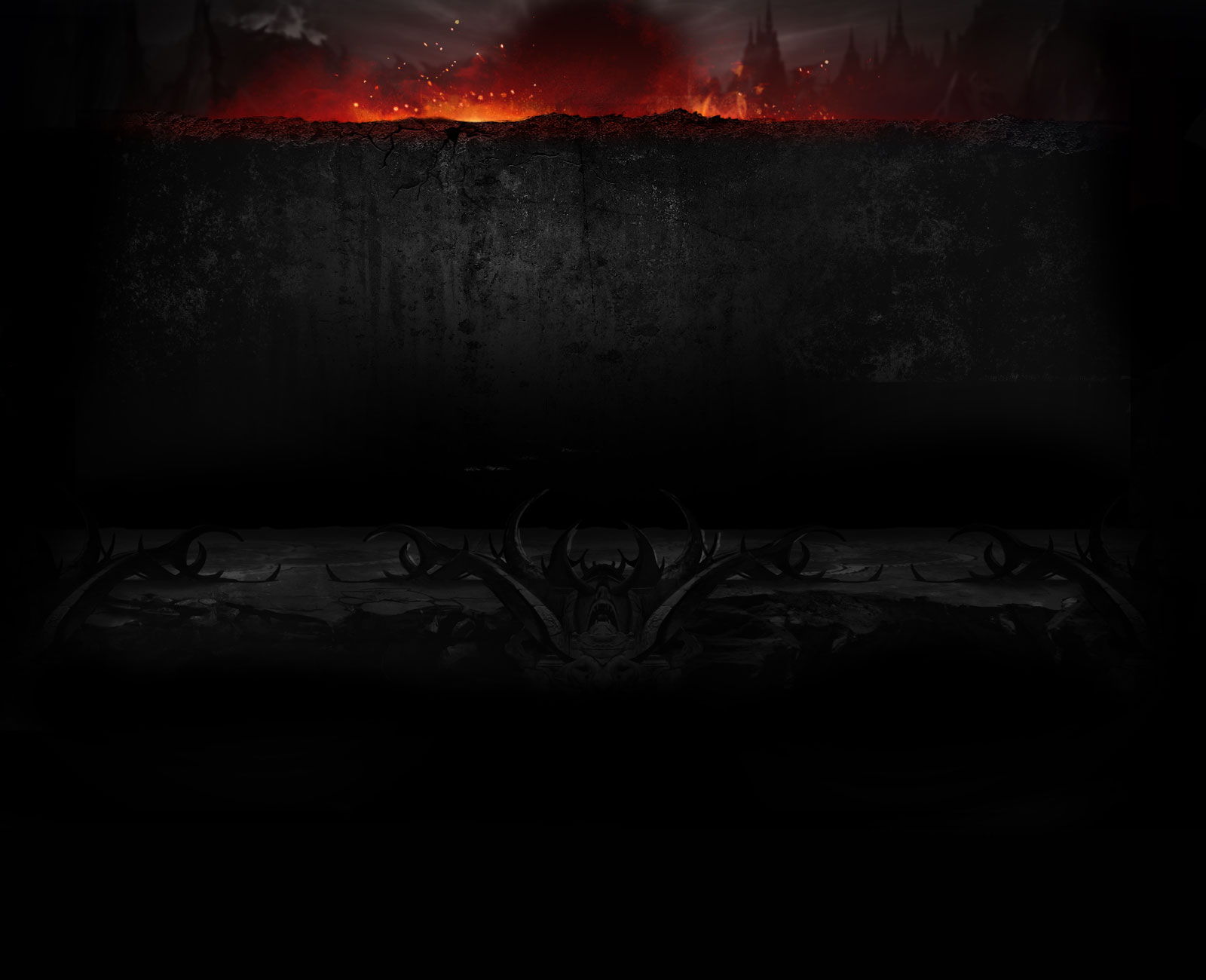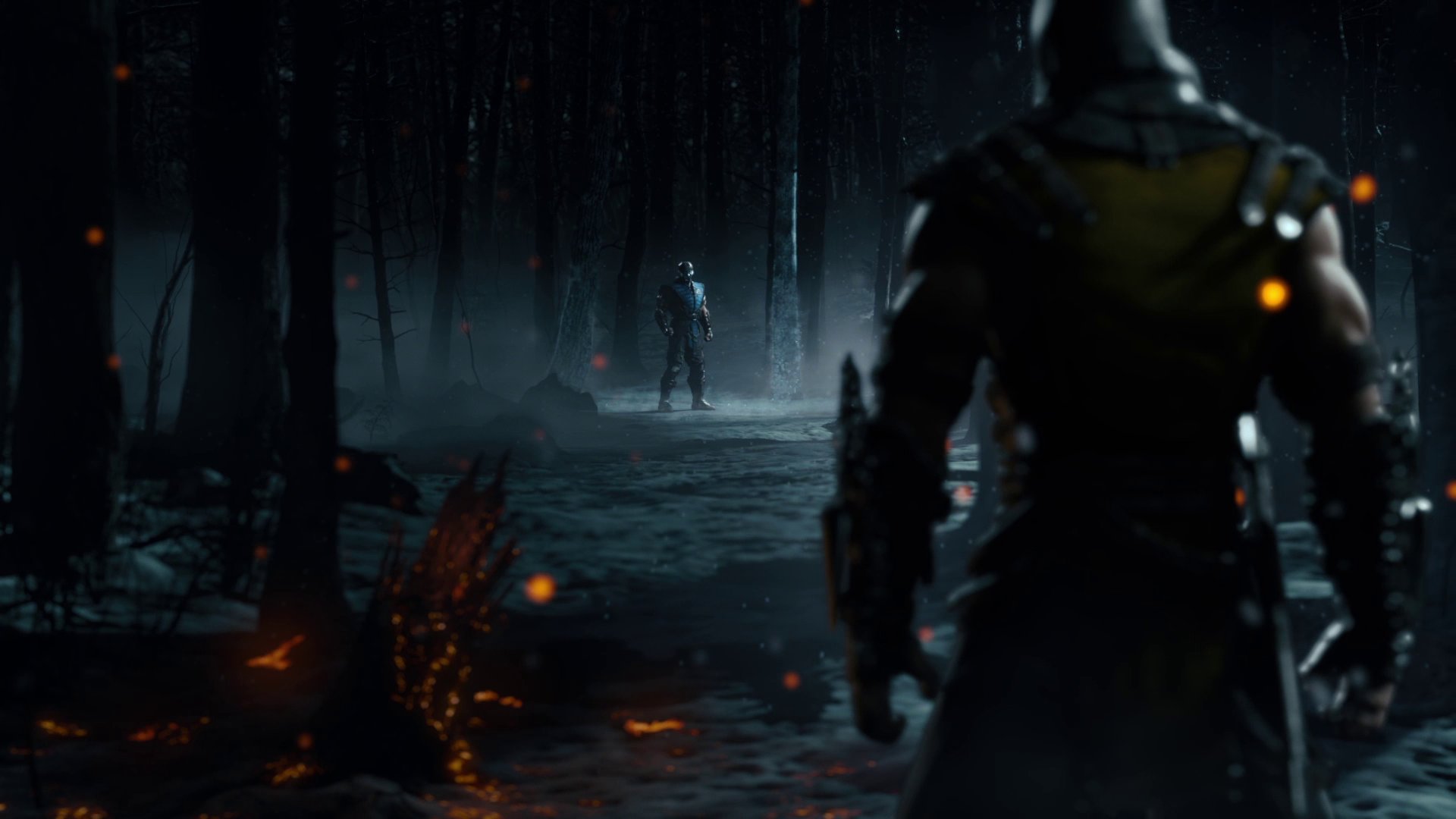Adjacent or follow up question:
Kodi nox
What were the differences between the environment and time period when MK9, MKX, and MK11 came out? How do those differences affect our perception of the games?
For example, just comparing the fighting game landscape when MK9 came out compared to MK11, it's crazy how different things are. The gaming community was much smaller, our general understanding of fighting games was probably less than it is now (how many people back in 2011 actually understood and knew how to use frame data, and how many games were actually even disclosing frame data, compared to now?), online play was different, even tournaments were different in terms of venues, streaming, and payouts.
Sorry to go on about this, I just find this stuff fascinating to think about. I think in a lot of ways the way people interact with games now is just so different than how they did in 2011, 2013, 2016, etc. Makes interested to see how things will be whenever MK12 comes out, or Injustice 3, or whatever is next.






